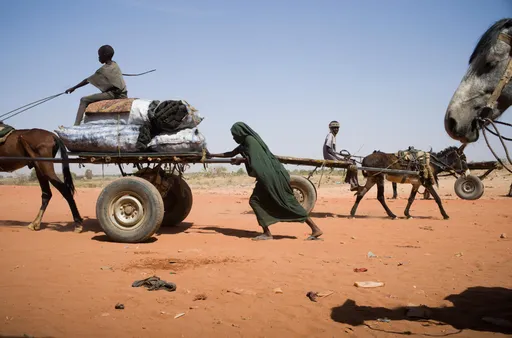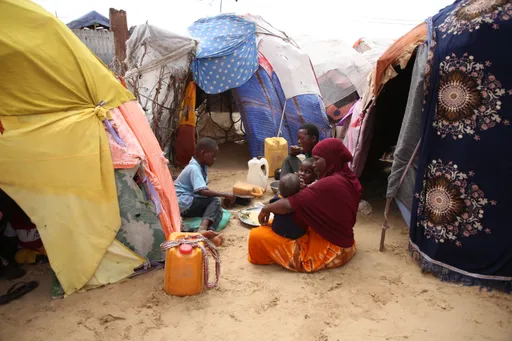By Sunny Ofehe
Africa’s development story is often told through familiar lenses: foreign aid, loans, and government reforms. But the continent’s most powerful and least recognized driver of growth doesn’t reside within its borders. It lives abroad.
More than 170 million people of African descent now form a vast, resourceful diaspora. Yet their potential remains largely untapped. Traditionally, their contributions have been reduced to remittances. But today, the story is bigger: financially, intellectually, and culturally, Africa’s diaspora is a development engine that could transform the continent.
Consider the scale of remittances. According to the World Bank, Sub-Saharan Africa received $49 billion in 2021. By 2024, estimates suggest these flows had nearly doubled to $95 billion outpacing foreign aid in several countries. Egypt ($22.7 billion) and Nigeria ($19.8 billion) rank among the world’s largest remittance recipients.
Families rely on this money for food, school fees, medical care, and housing. Yet consumption alone cannot build economies. Redirecting even a fraction toward productive investment could fundamentally reshape Africa’s development trajectory.
The African Development Bank highlights the need for clear investment frameworks, reduced regulatory barriers, and transparent financial vehicles that turn emotional ties into economic action. The challenge is not willingness it is infrastructure.
Intellectual capital is another critical dimension. Africa’s so-called “brain drain” has long been described as a loss. But recent research urges a shift in perspective.
A 2023 study in World Development Perspectives highlights “brain circulation,” where diaspora professionals contribute through short term consultancies, virtual mentorship, academic partnerships, and sector specific missions without permanently relocating.
Returnees bring knowledge, technology, and innovation that strengthen local governance, institutions, and modernization efforts. African governments can unlock this potential by simplifying accreditation, recognizing foreign qualifications, and establishing a Diaspora Skills Corps to deploy expertise in priority sectors.
The entrepreneurial dimension is equally compelling. African diaspora entrepreneurs understand local markets while navigating Western, Asian, and Middle Eastern economies. They are natural bridges connecting African firms to global supply chains, export markets, and investment networks. Yet many countries make it unnecessarily difficult for their diaspora to invest or build businesses.

Slow dual citizenship processes, burdensome company registration, and outdated investment laws create barriers where bridges should exist. Diaspora business desks in embassies, harmonized citizenship pathways, and targeted investment incentives could unlock an entrepreneurial boom across the continent.
Cultural influence is another area where the diaspora already leads. Afrobeat dominates global music charts. Nollywood, Nigeria’s film industry, is now the world’s second-largest in output. African fashion designers headline Paris, Milan, and New York runways. Diaspora communities amplify these industries, growing international markets while boosting Africa’s soft power.
According to research by the Friedrich-Ebert-Stiftung, diaspora engagement is vital for transnational trade in cultural goods, and for strengthening Africa’s global image.
Political influence should not be overlooked. African communities abroad shape policies on migration, climate justice, trade, and development. Mobilized strategically, they can act as Africa’s voice in global forums—even where African leaders are absent.
The problem is not a lack of capacity. It is Africa’s failure to engage its own people. Aid alone will not power Africa’s renaissance. Its future lies in connecting Africans at home and abroad, harnessing their investments, expertise, and cultural influence.
Africa does not need to reinvent the wheel. It needs to see its diaspora not as outsiders, but as partners: investors, innovators, cultural diplomats, and advocates. Evidence shows the global African family is ready. The question is whether Africa is ready to meet them halfway.

The time to act is now. With the right policies, investment structures, and channels for knowledge transfer, the diaspora can become the engine that propels Africa’s economic and cultural transformation. Africa’s renaissance is waiting not in aid packages, but in its people.
The author, Dr. Sunny Ofehe, is the Executive Assistant to the Delta State Governor on External Relations and Diaspora Affairs





























